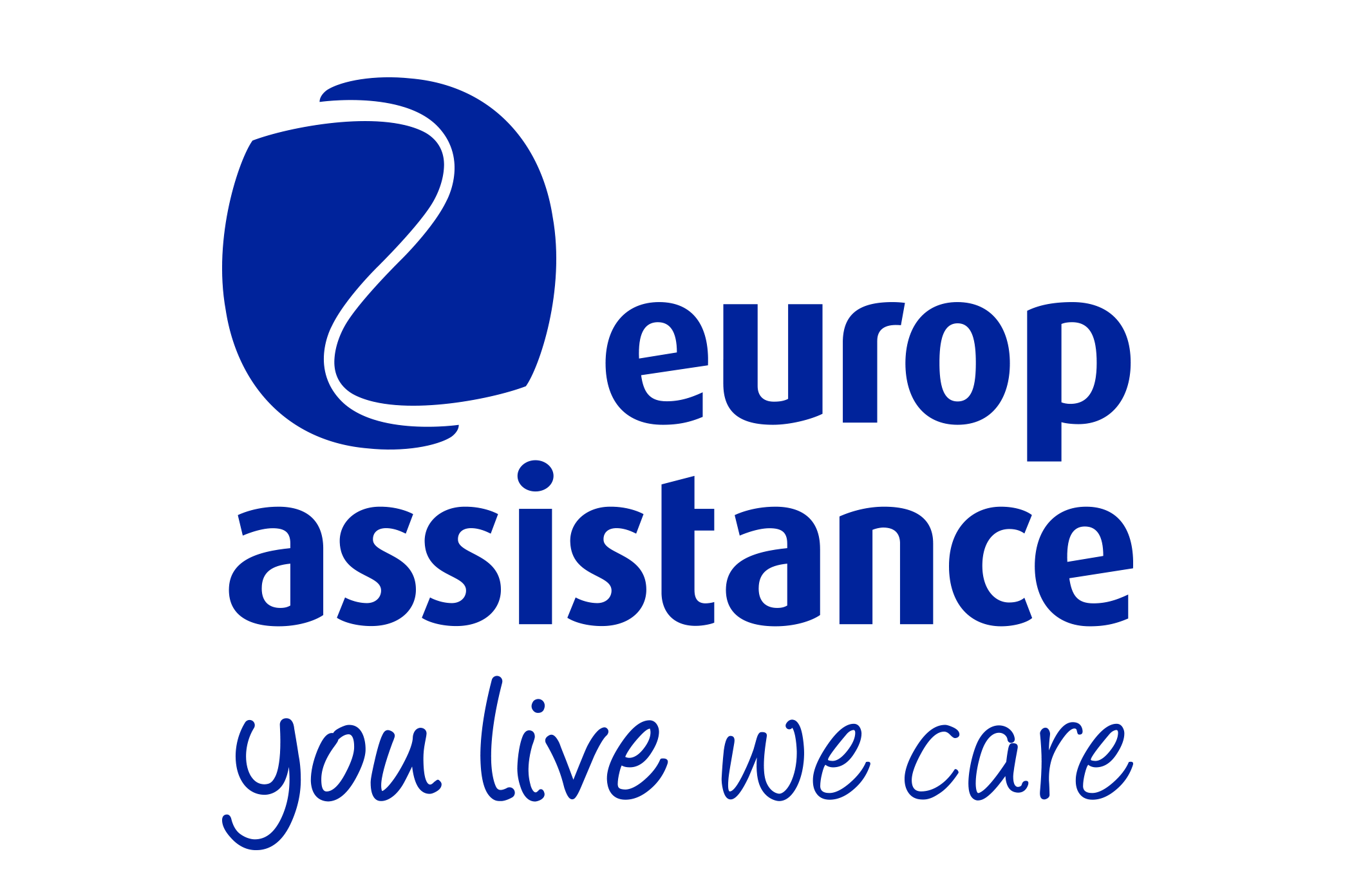Respiratory diseases and associated allergenic manifestations have increased worldwide, resulting in greater health impacts especially in sensitized individuals. Combatting airborne allergies can be challenging due to high levels of allergens such as dust mites, mold spores, and pollen surrounding us. So today, le’s take a closer look at the most common airborne allergy… the pollen allergy.
What causes the development of pollen allergies?
Pollen allergies are an excessive immune system response to a harmless substance – pollen – that the body mistakenly considers a threat. The body produces antibodies in response to pollen exposure, and these antibodies trigger the release of histamine and other chemicals in the body, causing allergic symptoms such as sneezing, stuffy nose, itching, and red eyes. In simpler terms, the immune system of allergic individuals reacts to pollen as if it were a dangerous invader, thus initiating an inflammatory response to try to get rid of it.
The process leading to a pollen allergy begins when pollen comes into contact with the mouth, nose, or eyes. It’s worth noting that individuals with a genetic predisposition to allergies are more likely to develop an allergic reaction to pollen.
It’s also important to note that pollen allergies can develop at any age, and it’s possible to become allergic to a type of pollen at any time in your life. Furthermore, prolonged and repeated exposure to pollen can also increase the likelihood of developing an allergy.

Sneezing, runny nose, itching… What are the symptoms of pollen allergy?
Pollen allergies, also known as hay fever, can cause various symptoms that can be very bothersome and affect the quality of life for allergic individuals. Typical symptoms of pollen allergy include:
- Sneezing: Sneezing is often the first symptom of pollen allergy. Sneezing can be frequent and occur multiple times in a row.
- Nasal congestion: Nasal congestion or a stuffy nose is another common symptom of pollen allergy. It can make breathing difficult and interfere with sleep.
- Itching: Itching of the eyes, nose, throat, or skin can be very bothersome for allergic individuals.
- Watery eyes: Eyes can become red, swollen, and watery.
- Coughing: Coughing can be triggered by nasal congestion or throat itching.
- Fatigue: Fatigue is a common symptom of pollen allergies. It can be due to the body expending a lot of energy to fight against the allergen.
- Headaches: Headaches can be triggered by nasal congestion or inflamed sinuses.
It’s important to note that symptoms can vary in intensity among individuals and different types of pollen. Some individuals may experience more severe symptoms, such as difficulty breathing, asthma, or severe allergic reactions.
How to combat pollen allergy?
Fortunately, there are measures to reduce allergic symptoms. Here are some tips to help minimize exposure and alleviate symptoms:
1/ Avoid allergens
First and foremost, it’s important to try to avoid allergens that trigger symptoms as much as possible. Avoiding spending time outdoors on days when pollen counts are high is a good starting point. There are several ways to protect yourself if you must go outside, such as wearing a mask to filter the air you breathe or monitoring the times and places where pollen will be prevalent using applications like AirCare or BreezoMeter.
2/ Regularly clean the house
Allergens can also be found inside our homes. Regularly cleaning the house to remove allergens from the air and surfaces is a second good solution. You can use a vacuum cleaner with a high-efficiency particulate air (HEPA) filter to capture allergens in carpets and furniture. Do not forget to regularly get your air conditioning filters cleaned as well.

3/ Use air purifiers
Air purifiers can help eliminate allergens from the air. Use one in your bedroom and in the spaces where you spend the most time.
4/ Take allergy medications
There are many over-the-counter or prescription medications available to treat airborne allergies. Antihistamines can help reduce sneezing and nasal congestion. Nasal corticosteroids can reduce nasal inflammation.
5/ Consult a doctor
If your allergic symptoms are severe or don’t improve with self-treatment measures, consulting a doctor or an allergist is the best course of action. An allergist can help determine the allergens that affect you and develop a personalized treatment plan.
For further medical advice, you can also consult today one of our doctors.

